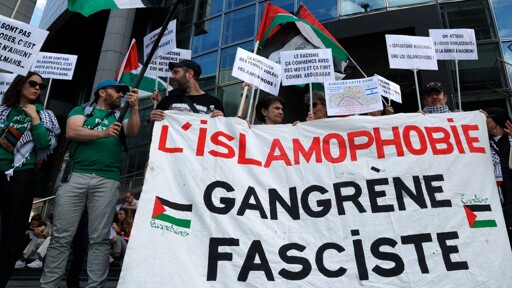A new government report, presented by France’s Interior Minister Bruno Retailleau, revives the spectre of the Muslim Brotherhood as an underground Islamist threat poised to capture local and national institutions.
But behind this alarmist framing lies a deeper political strategy: to delegitimise non-compliant Muslim political participation ahead of the 2026 and 2027 elections, and to bolster the far right parties as the most credible guardians of the republic against a manufactured enemy.
While the report offered no specific names or data, it was swiftly amplified by government officials and conservative media figures. Retailleau described it as evidence of “Islamist submersion”, while former Prime Minister Gabriel Attal called for new legislation on “separatism”, including a hijab ban for girls under 15.
The narrative is familiar - and so is the timing. The objective is not to counter Islamist influence, but to control electoral dynamics. After the near-defeat of the Rassemblement National (Le Pen’s National Rally) in July 2024 - due largely to high turnout in left-leaning, working-class, Muslim-majority districts - the executive fears a repeat.


